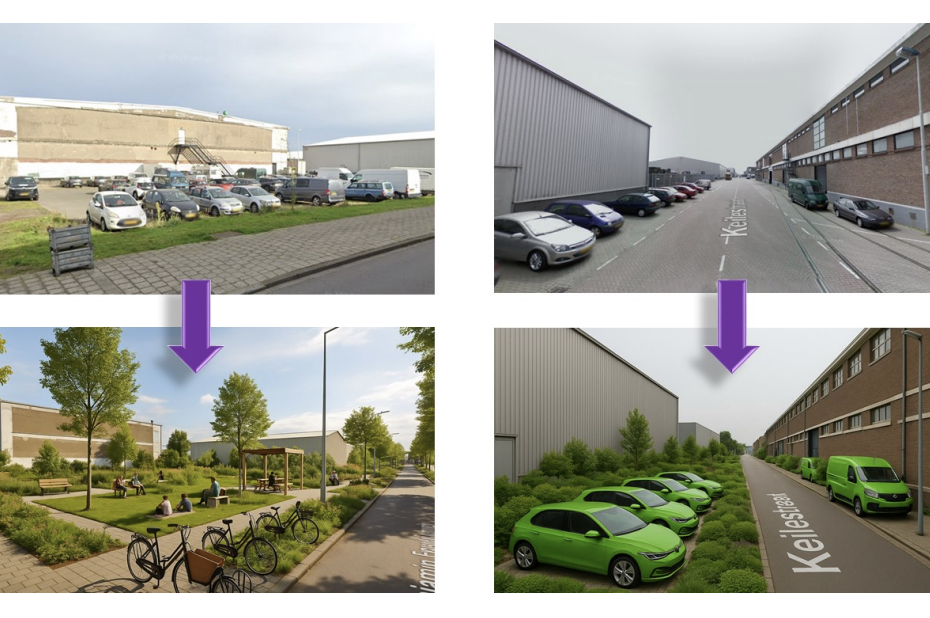As car use in cities continues to grow, causing issues such as congestion, air pollution, and the inefficient use of public space, Municipalities across the Netherlands are working to address this by promoting alternatives like shared mobility. For this purpose, certain policies are in place, but not when it comes to small-to-medium-sized enterprises (SMEs). Thus, to investigate the mobility needs and the factors affecting mode choice for business-related trips, the KeileCollectief in Rotterdam is taken as a practical case study.The reviewed literature shows that mode choice is shaped by a combination of socio-demographic factors (such as age, gender, income, education, household type, and vehicle ownership), operational and context-related aspects (including parking availability, booking requirements, travel time, and weather), and psychological influences (for example, driving pleasure, environmental responsibility, and habit). Studies also suggest that a strong sense of community can encourage prosocial and sustainable behavior, although direct empirical links between workplace culture and shared mobility adoption remain underexplored. This gap in the literature, combined with the practical need for SME-specific policy insights, forms the basis for this research.

Author: Lia Kondova
Publication date: 2025
.
